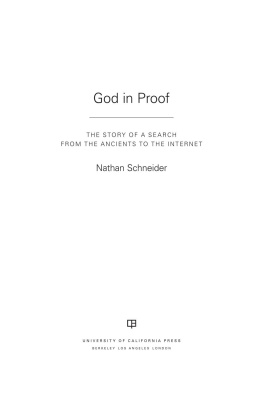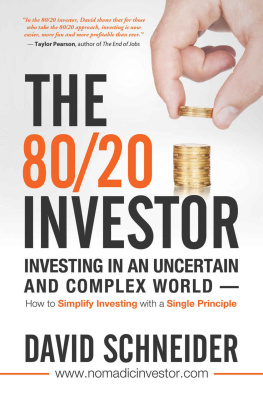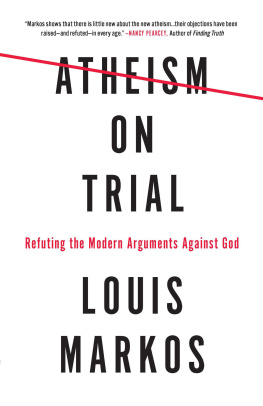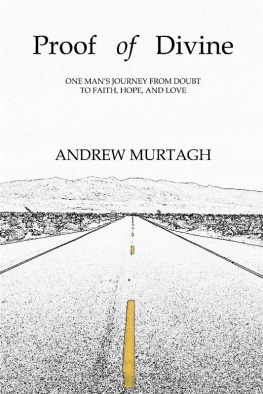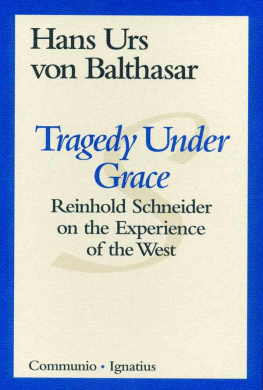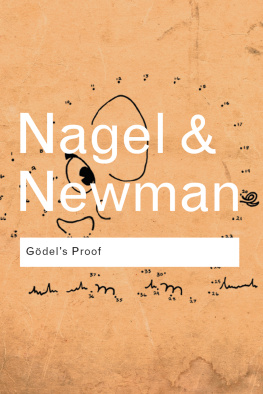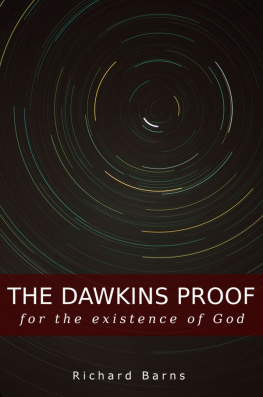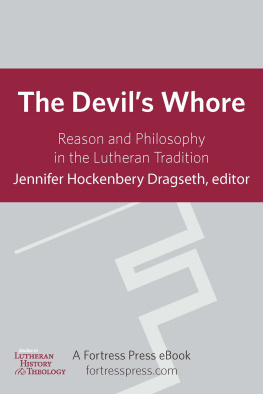
God in Proof
The publisher gratefully acknowledges the generous support of the General Endowment Fund of the University of California Press Foundation.
God in Proof
THE STORY OF A SEARCH
FROM THE ANCIENTS TO THE INTERNET
Nathan Schneider

UNIVERSITY OF CALIFORNIA PRESS
BERKELEYLOS ANGELESLONDON
University of California Press, one of the most distinguished university presses in the United States, enriches lives around the world by advancing scholarship in the humanities, social sciences, and natural sciences. Its activities are supported by the UC Press Foundation and by philanthropic contributions from individuals and institutions. For more information, visit www.ucpress.edu.
University of California Press
Berkeley and Los Angeles, California
2013 by Nathan Schneider
Library of Congress Cataloging-in-Publication Data
Schneider, Nathan, 1984.
God in proof : the story of a search from the ancients to the Internet / Nathan Schneider.
p.cm.
Includes bibliographical references and tabular index.
ISBN 978-0-520-26907-1 (cloth : alk. paper)
eISBN 9780520957565
1. GodProof. I. Title.
BL473.S362013
212.1dc232012033541
Manufactured in the United States of America
22 21 20 19 18 17 16 15 14 13
10 9 8 7 6 5 4 3 2 1
In keeping with a commitment to support environmentally responsible and sustainable printing practices, UC Press has printed this book on Rolland Enviro100, a 100% post-consumer fiber paper that is FSC certified, deinked, processed chlorine-free, and manufactured with renewable biogas energy. It is acid-free and EcoLogo certified.
After all, everything is a consequence of inconsistent premises.
JON BARWISE AND JOHN ETCHEMENDY
Language, Proof and Logic
CONTENTS
SKETCHES OF BABEL
One almost-gone afternoon in November, as I stepped out into what sun remained in the day, a proof for the existence of God took hold of me. I was a freshman in college and had just finished a meeting with a teaching assistant. The department houses heavy wooden door thudded shut behind me. Light; truth. A sensation flooded me with the semblance of logic, without the words to describe it or instructions to complete it. I still couldnt even say if I believed in a God or not. Yet there it was: a promissory note, at least, for propositions and definitions and conclusions to come, with the vowel-y echo in my ear of the word proof .
Hurrying down the steps and across campus, past the buildings standing at attention all around, I had no idea how to write my discovery down. Over the days and weeks that followed, sitting at a desk in my dorm room or under a winsome tree, I would start to think through its steps in words and sequence but then get stuck. Stuckthats what I was, in more ways than one. The idea of a proof had caught me, or caught up to me. There was no turning back. After just a few months, I would be baptized a believer.
I didnt tell anyone about this strange, problematic, unsatisfying thought then, nor would I know what to say if I had. But the germ of a proof was in me, somewhere, treasurelikea blueprint for my own Tower of Babel. Dissatisfaction urged me on. Every once in a while Id try again to spell it out and get a little bit further, and then get frustrated. Did it make sense, or not? Was it valid as logic, or even as a description of experience? I still cant say. Perhaps this book, a decade later, is one more attempt to be done with it.

The premise of Laurence Cosss novel A Corner of the Veil is that someone discovers a proof of Gods existencea real proof, finally. A priest who has just seen it walks through the streets of Paris and looks at the people around him, imagining what it will be like when they, too, see what he has seen.
Probably, for a time, everything would come to a halt. People wouldnt go to the office anymore. The children would be sent to school, but theyd stop along the way, caught up by great circles of orators in tears.
People would talk on sidewalks, in the Mtro, at church doors. Ah, the priests wouldnt know where to start! People would talk for hours in the rain. Neighbors who had always eyed each other with suspicion would be talking to each other. Couples ten years separated would phone each other from distant places.
The post office would stay closed. There would be a notice on the gate: HALLELUJAH . On the other hand, the museums would never close again, nor the Mtro, nor the public parks. The guards would never figure out where their caps had disappeared to.
For days it would feel like a kind of general strike, a huge drunken spree.
Isnt this what we should rightfully expect of a proof? To claim, as a proof of God does, such certainty and finality about so exalted a thing should warrant nothing less than ecstasy. And some people do say there is proof. So why does this scene only come in a daydream, in a work of fiction?
Some will object to talking about proof at all. Theyll say that any absolute or mathematical proof for God sets the bar too high, or too low. Instead, call it argument, or demonstrationor call it faith. But proof fits the story Im trying to tell like no other word.
The Latin root is probare, which has to do with testing something to see if its any good. It used to be more common to speak about proving as a kind of experience, something one has to go through or even sufferas in, to prove oneself. Proving meant becoming, or growing. A thing proved might be a trip that turned out well, or well enough, or even just with you intact and unsullied. Thats why we call a jacket waterproof when water cant get through. And thats part of what a proof for God promises to offer: a seal on every seam, an answer to every question, a rampart for every flank.
The remnants of these meanings have spread among the trades. Proofing dough is making it rise. Printers, engravers, and photographers all have their proofs, just as armies have their proving grounds. Lawyers look for proof in evidence. And distillers speak of proof as a mixture whose volume is 0.5727 pure alcoholwhich would be an experience in itself.
So, yes, primarily what I mean by proof is the 1933 Oxford English Dictionary s definition I.1:
That which makes good or proves a statement; evidence sufficient (or contributing) to establish a fact or produce belief in the certainty of something.
And more. With every that which makes good comes a story, a test, a sojourn. Like a bakers proof, it forces one to grow a little, and, like a printers, it wont always come out right the first time. Like the distillers, it can be exhilarating. We can only hope that our proofs, like a good jacket, will hold up on rainy days.
The search for proofs of Gods existence is its own genre, winding through history and sprouting capricious branches. Like any genre, from impressionist painting to romance novels, proof has never spoken for any whole society. Its rarely anyones sole occupation, but still it has occupied some of historys most brilliant men.
I do mean men. As it happens, the genre comes to us through history as almost entirely an undertaking of men, making this story, by implication, a study of masculinity. Its a story of what a communion mostly of male minds has fashioned through this ongoing conversation over thousands of years, with their arguments speaking to each other more than to those around them, but more to those around them than they realize. Its also about what ideas they, thanks to whom they exclude, leave out.
Next page
